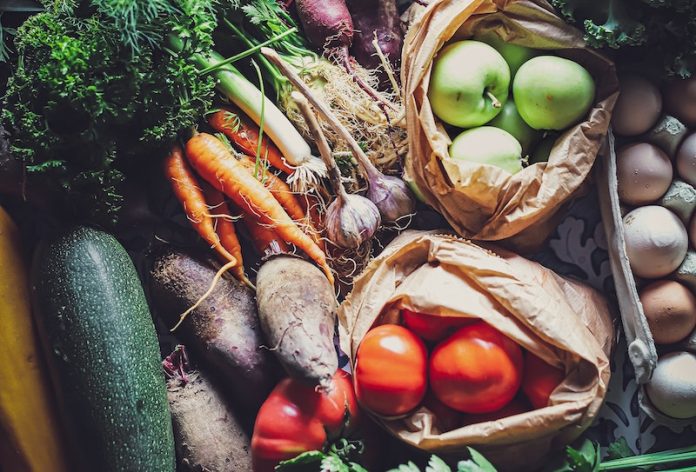
Chronic Kidney Disease (CKD) is a condition where your kidneys gradually lose their ability to filter waste and excess fluids from your blood.
Managing CKD involves various treatments and lifestyle changes, with proper nutrition playing a crucial role.
In this review, we’ll explore how making smart dietary choices can help you eat well and support your kidney health when living with CKD.
Understanding Chronic Kidney Disease
To appreciate the importance of nutrition in managing CKD, it’s essential to understand the condition. The kidneys play a vital role in filtering waste and regulating fluid balance in the body.
In CKD, the kidneys become less efficient over time, which can lead to a buildup of waste and fluid in the body. This buildup can cause various health complications, including high blood pressure, anemia, and bone problems.
Nutrition for Kidney Health
Proper nutrition is essential for individuals with CKD, as it can help manage symptoms and slow down the progression of the disease. Here are some key aspects of eating well with CKD:
Limiting Protein: The kidneys process protein waste, so reducing protein intake can help lighten the workload on your kidneys. However, it’s crucial to consult a healthcare provider or dietitian for personalized protein recommendations.
Controlling Sodium: High sodium intake can lead to high blood pressure and fluid retention, which can strain your kidneys. Reducing salt and sodium-rich foods in your diet is essential.
Monitoring Potassium: As kidneys lose function, they may struggle to balance potassium levels in the blood. Foods like bananas, potatoes, and oranges are high in potassium and may need to be limited.
Phosphorus Management: High phosphorus levels can weaken bones and contribute to heart problems. Foods rich in phosphorus, such as dairy products and nuts, may need to be restricted.
Fluid Intake: Managing fluid intake is crucial for preventing fluid buildup. Limiting fluids, especially those with sodium, can help control fluid retention.
Research Evidence
Several studies emphasize the importance of proper nutrition in CKD management:
Low-Protein Diets: Research published in the “Journal of Renal Nutrition” has shown that carefully controlled low-protein diets can slow the progression of CKD and reduce the risk of complications.
Sodium Restriction: A study in the “Journal of the American Society of Nephrology” found that reducing sodium intake helped lower blood pressure and decrease fluid retention in CKD patients.
Phosphorus Control: A review in the “Journal of Renal Nutrition” highlights the significance of phosphorus management in CKD patients, particularly those on dialysis, to prevent bone and cardiovascular issues.
Conclusion
Eating well is a fundamental aspect of managing Chronic Kidney Disease. By carefully controlling protein, sodium, potassium, phosphorus, and fluid intake, you can support your kidney health and slow down the progression of CKD.
However, it’s crucial to work closely with a healthcare provider or registered dietitian to create a personalized nutrition plan tailored to your specific needs and stage of CKD.
With the right dietary choices and guidance, you can help maintain your kidney function and enjoy a better quality of life while living with CKD.Top of Form
Bottom of Form
Follow us on Twitter for more articles about this topic.
Copyright © 2023 Scientific Diet. All rights reserved.








